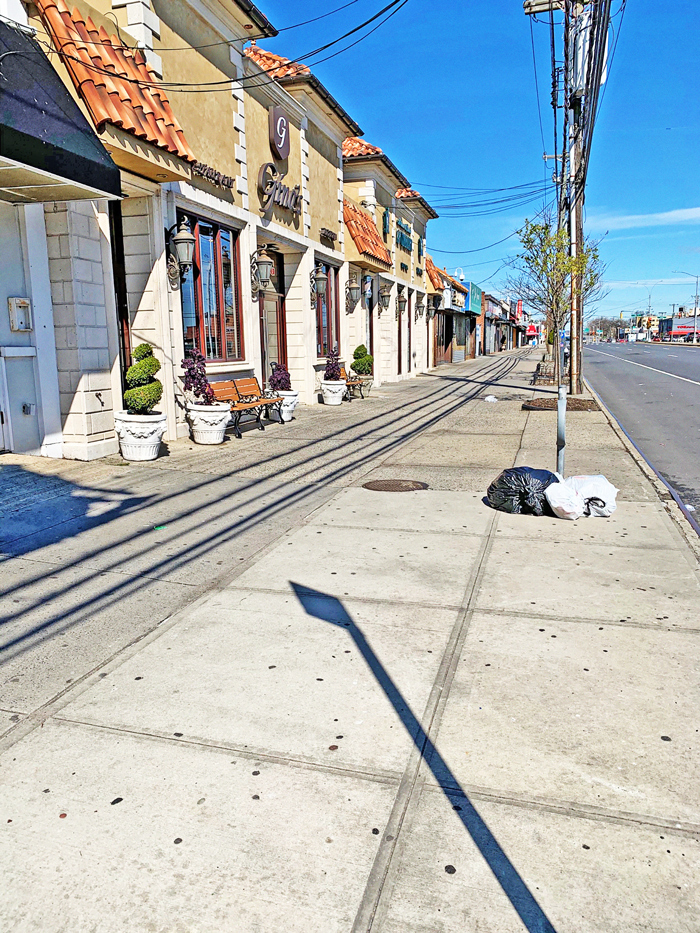File Photo
“Small Main Street businesses, which make up the fabric of our communities, need all the help they can get—and they need it fast,” Rep. Velazquez said.
By Michael V. Cusenza
President Donald Trump on Friday signed into law a $484 billion small business COVID-19 relief package.
The Paycheck Protection Program and Health Care Enhancement Act provides another $310 billion for the PPP. Designed to provide a direct incentive for small businesses to keep their workers on the payroll, the initiative encourages small business owners to apply for forgivable federal loans to help cover payroll, rent, mortgage payments, and utility costs during the fallout from the COVID-19 pandemic.
“Small Main Street businesses, which make up the fabric of our communities, need all the help they can get—and they need it fast. By providing another $310 billion for PPP, this bill will allow the program to reopen and more businesses to apply for loans and secure capital they need to keep their doors open and employees on payroll,” U.S. Rep. Nydia Velazquez (D-Queens, Brooklyn, Manhattan). “However, it is not enough to pour funding into a program if loans are not reaching the intended businesses. All of us have been outraged by reports of big banks prioritizing large businesses for this assistance. It underscores the need for oversight. My colleagues and I have been pressing the [Small Business Administration] and Treasury [Department] to make more data available. We will continue doing so.”
In remarks delivered on Thursday, Velazquez trumpeted one mechanism in the new bill “for reaching more real small businesses is involving additional lenders with a strong track record of helping traditionally underserved businesses. That’s why my colleagues and I fought in this package to secure $60 billion in PPP funds set aside specifically for mission-based, community-oriented lenders. Community Development Financial Institutions, Minority Development Institutions, SBA microloan lenders, community development corporations, along with small community banks and credit unions will be able to use this $60 billion to aid small businesses in their local communities,” the congresswoman continued. “These institutions specialize in helping underserved populations—like minority communities and our women- and veteran-owned businesses, who may not have a prior banking relationship with a financial giant like JP Morgan or Wells Fargo. With this set-aside, more underserved businesses will get loans.”
Additionally this week, U.S. Reps. Grace Meng (D-Flushing) and Tom Suozzi (D-Queens and L.I.) led members of the New York congressional delegation in calling for co-ops and condos to be eligible for loans under the PPP.
In a letter to Treasury Secretary Steve Mnuchinand SBA Administrator Jovita Carranza, the lawmakers called for immediate reconsideration of the decision to exclude co-ops and condos from PPP loans.
“Co-ops and condos are a critical part of Queens and New York City, serving as homes for so many residents throughout our borough and city,”Meng said. “They are integral parts of our communities, and like many other entities are being impacted by the COVID-19 pandemic. They deserve relief and we urge the Treasury secretary and SBA administrator to make it happen so that co-ops and condos are not forced to endure further financial burdens as a result of this crisis.”

